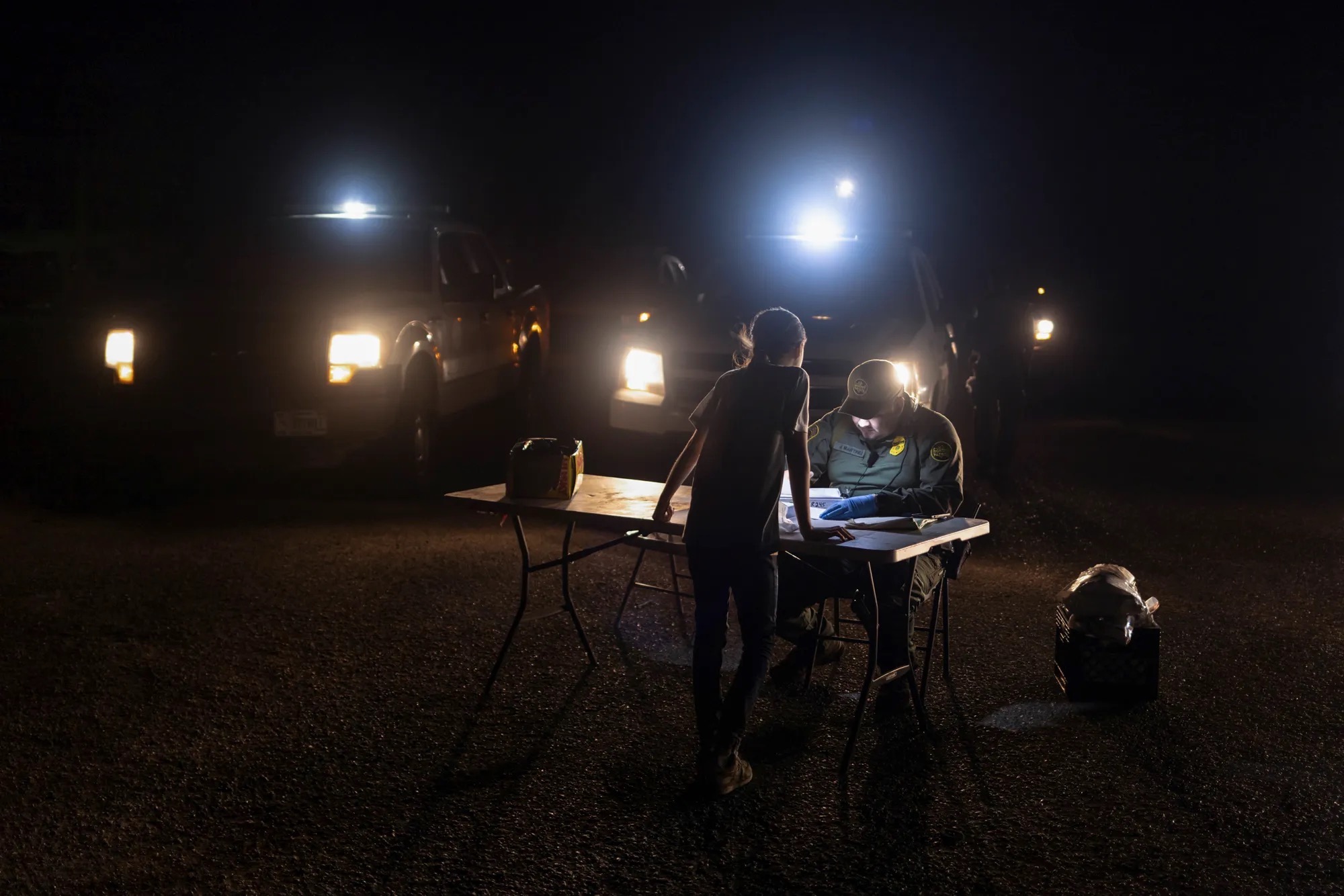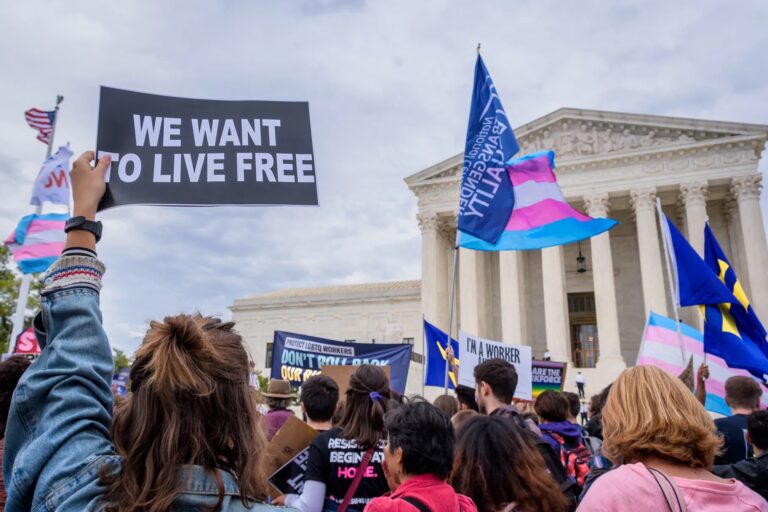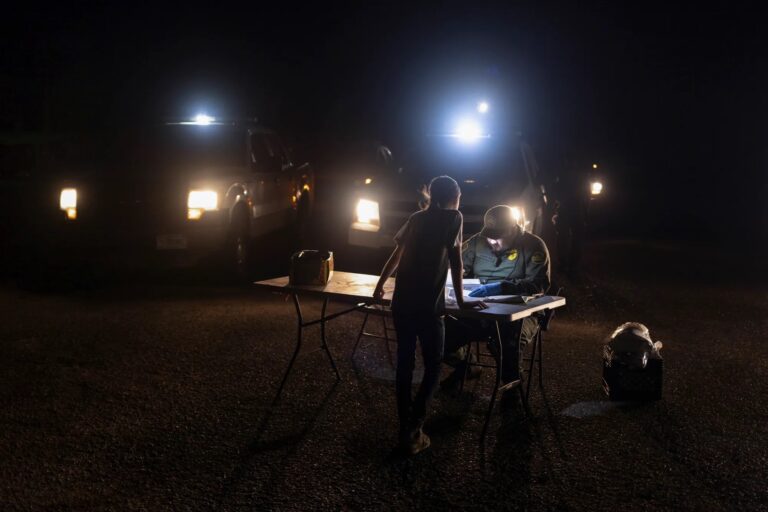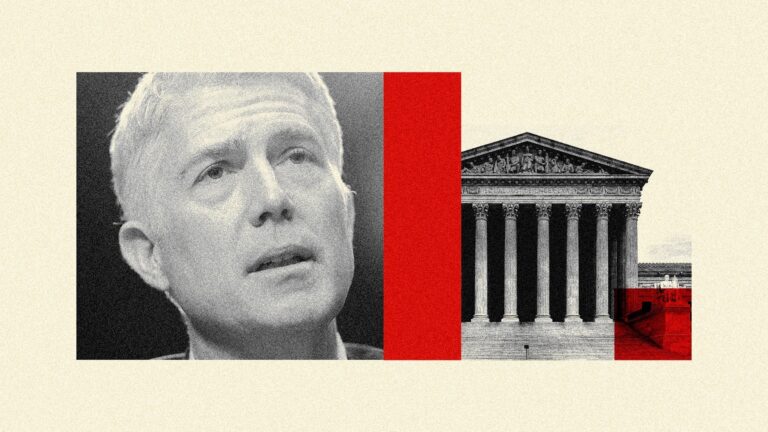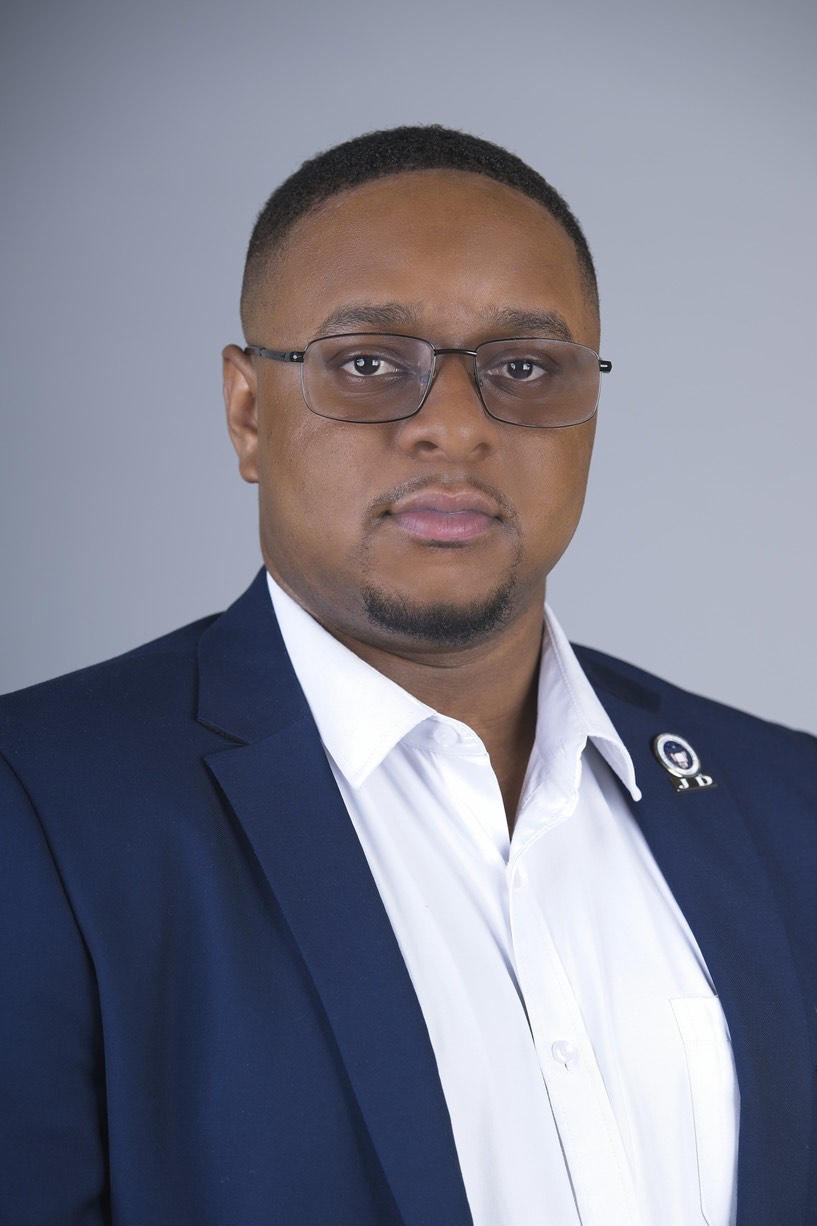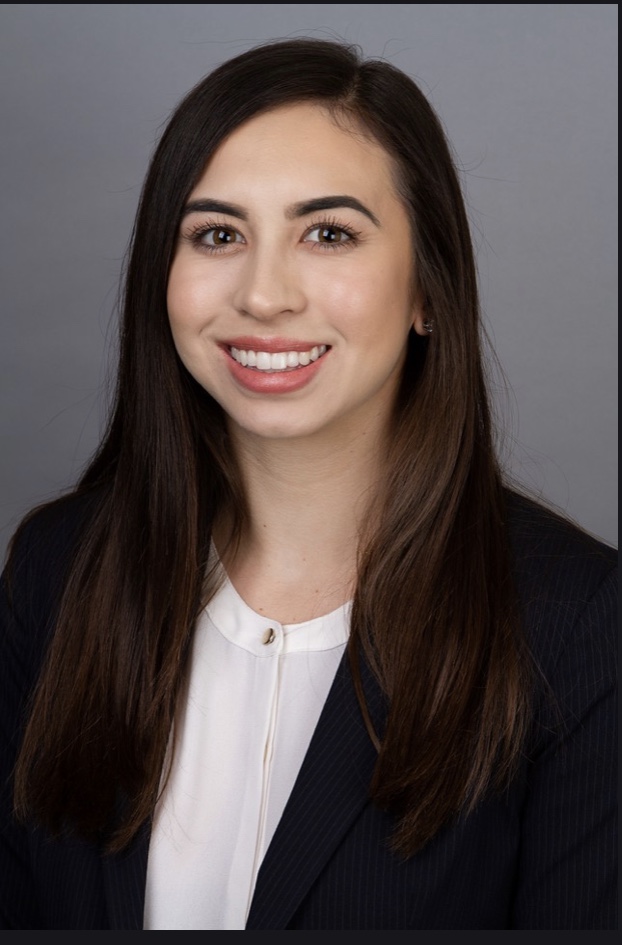A bipartisan call for lawyers to defend democracy
More Of This
A bipartisan American Bar Association task force is calling on lawyers across the country to do more to help protect democracy ahead of the 2024 election, warning in a statement to be delivered Friday at the group’s annual meeting in Chicago that the nation faces a serious threat in “rising authoritarianism.”
The statement by a panel of prominent legal thinkers and other public figures — led by J. Michael Luttig, a conservative former federal appeals court judge appointed by President George Bush, and Jeh C. Johnson, a Homeland Security secretary during the Obama administration — does not mention by name former President Donald J. Trump.
But in raising alarms, the panel appeared to be clearly referencing Mr. Trump’s attempt to subvert his loss of the 2020 election, which included attacks on election workers who were falsely accused by Mr. Trump and his supporters of rigging votes and culminated in the violent attack on the Capitol by his supporters on Jan. 6, 2021.
Read the rest on NY Times
A program that helps California teens fight deportation is on the chopping block
Less Of This
This article features Immigrant Defense Advocates, a ChangeLawyers Legal Empowerment Fund grant partner.
A California project that provides legal advocacy for unaccompanied child immigrants will end in September unless backers can convince lawmakers to renew funding by next month.
The Children’s Holistic Immigration Representation Project was funded through a one-time allocation in 2022 and not renewed when Gov. Gavin Newsom signed California’s $298 billion budget last month.
There were 64,173 unaccompanied children released in California between January 2015 and May 2023, according to a CalMatters analysis of federal data obtained by the New York Times.
Read the rest on CalMatters
Newly discovered voting rights memo by Justice Lewis Powell uses racist language
Less Of This Too
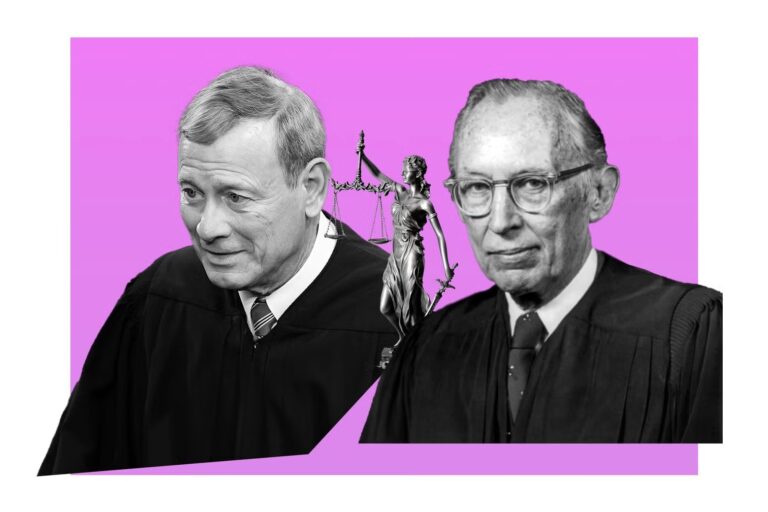
This essay is excerpted from Antidemocratic: Inside the Far Right’s 50-Year Plot to Control American Elections.
It was perhaps the most important voting rights case the U.S. Supreme Court would decide since the passage of the Voting Rights Act.
A federal judge in Alabama had upended Mobile’s city government in October 1976, striking down the at-large elections that ensured that white candidates held every elected office in the city with a large Black population and replacing them with geographic districts, opening the possibility of equitable Black representation in one of the nation’s most segregated cities. That opportunity was denied by the Supreme Court.
Now never-before-seen letters and memos show that behind the scenes at the court, Justice Lewis Powell, an influential jurist with an undeserved reputation for decency and moderation, used wildly racist code words on the court’s letterhead as he strenuously—and successfully—drove a decision in City of Mobile v. Bolden four years later that would overturn the lower court and reinstate a system that reliably produced all-white rule.
Read the rest on Slate
The law as Justice Gorsuch sees it
Interview
The following is a rare interview with current Supreme Court Justice Neil Gorsuch.
During his Supreme Court confirmation hearing, in March 2017, Neil Gorsuch laid out his views on what makes for a “good” judge. “My personal views,” he said, “belong over here,” and he gestured to his right. “I leave those at home.”
But of course he does have personal views—ones that are quite deeply felt. In a new book, Over Ruled: The Human Toll of Too Much Law, co-written with the legal scholar Janie Nitze, now-Justice Gorsuch describes what he sees as a pervasive and destructive overreach of federal law, which, he says, ensnares far too many Americans in a capricious and complex web.
I spoke with Gorsuch by phone last week to ask him why he thinks America has “too much law,” and whether there’s any way to fix that problem without creating worse ones.
Read the rest on The Atlantic




